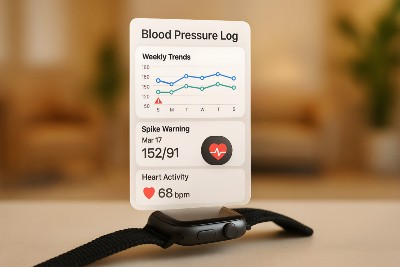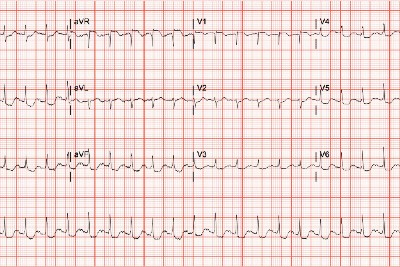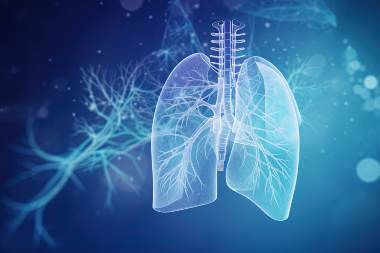A large study in the Journal of the American College of Cardiology found that 99% of those who experience heart attacks and strokes have at least 1 of the 4 biggest risk factors. By tracking health records for more than a decade in more than 9.3 million adults in South Korea and nearly 7,000 adults in the United States, researchers found that virtually all subjects had at least 1 major cardiovascular risk factor beforehand, and …
Read More









